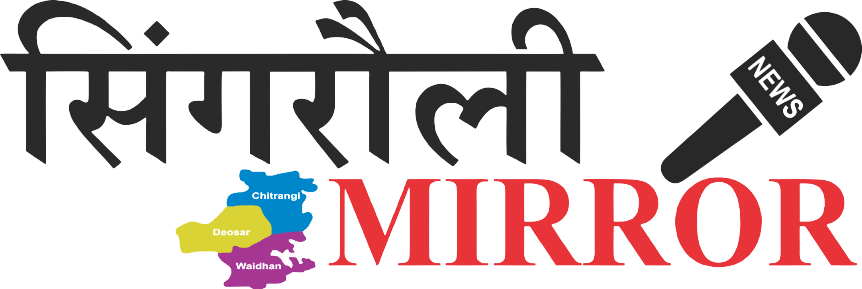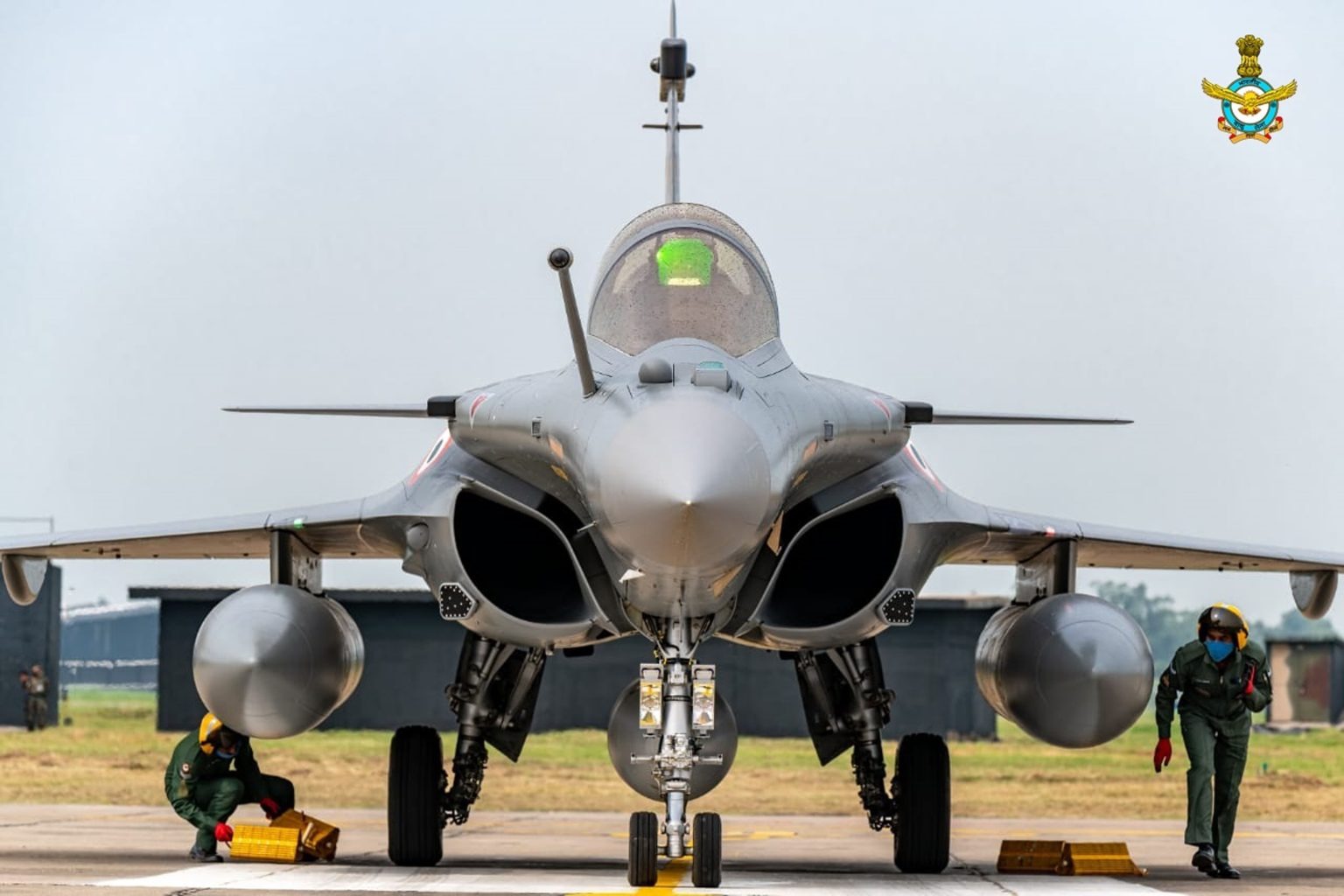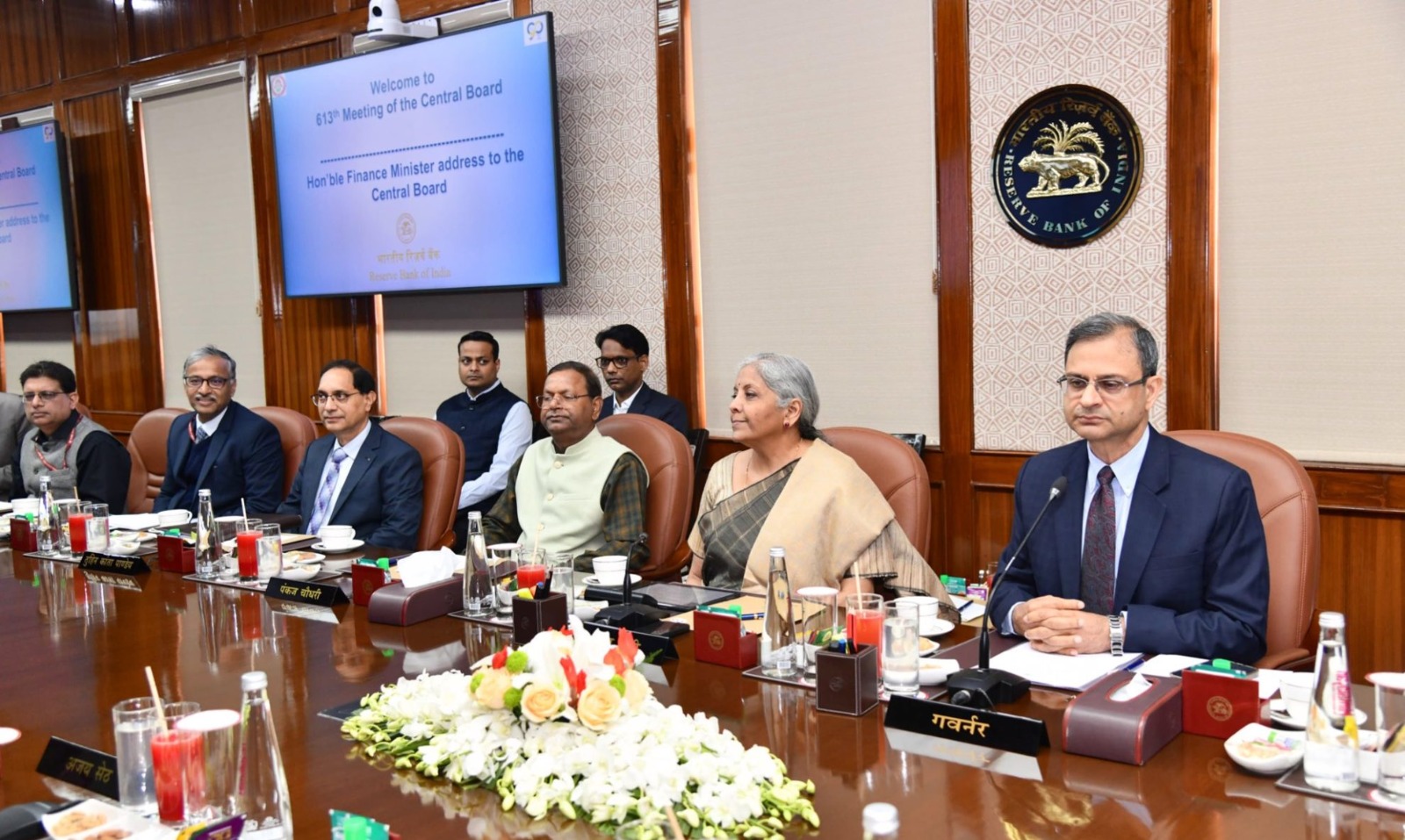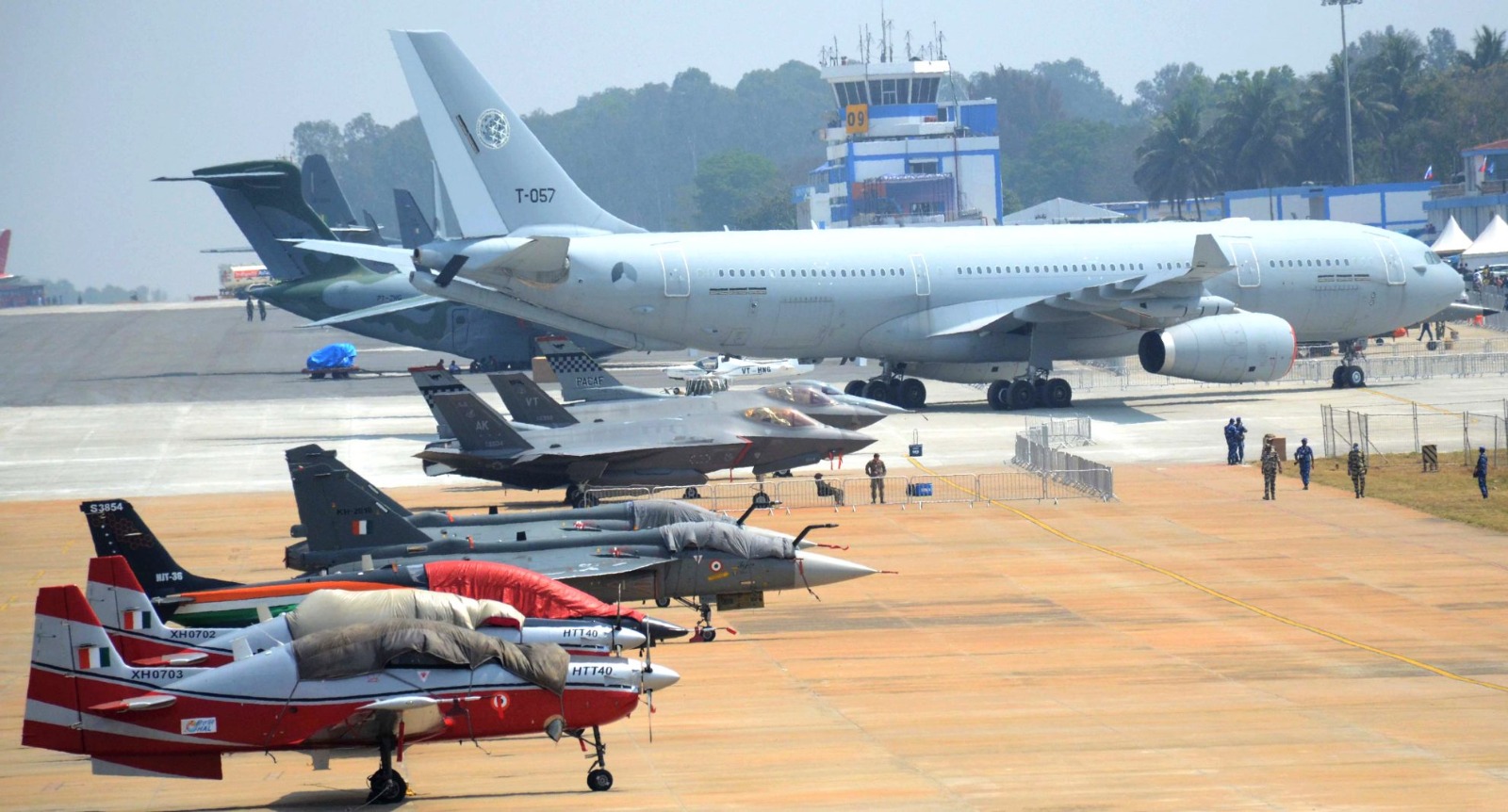 Singrauli News: अमलोरी परियोजना में डंपर पलटा, चालक घायल
Singrauli News: अमलोरी परियोजना में डंपर पलटा, चालक घायल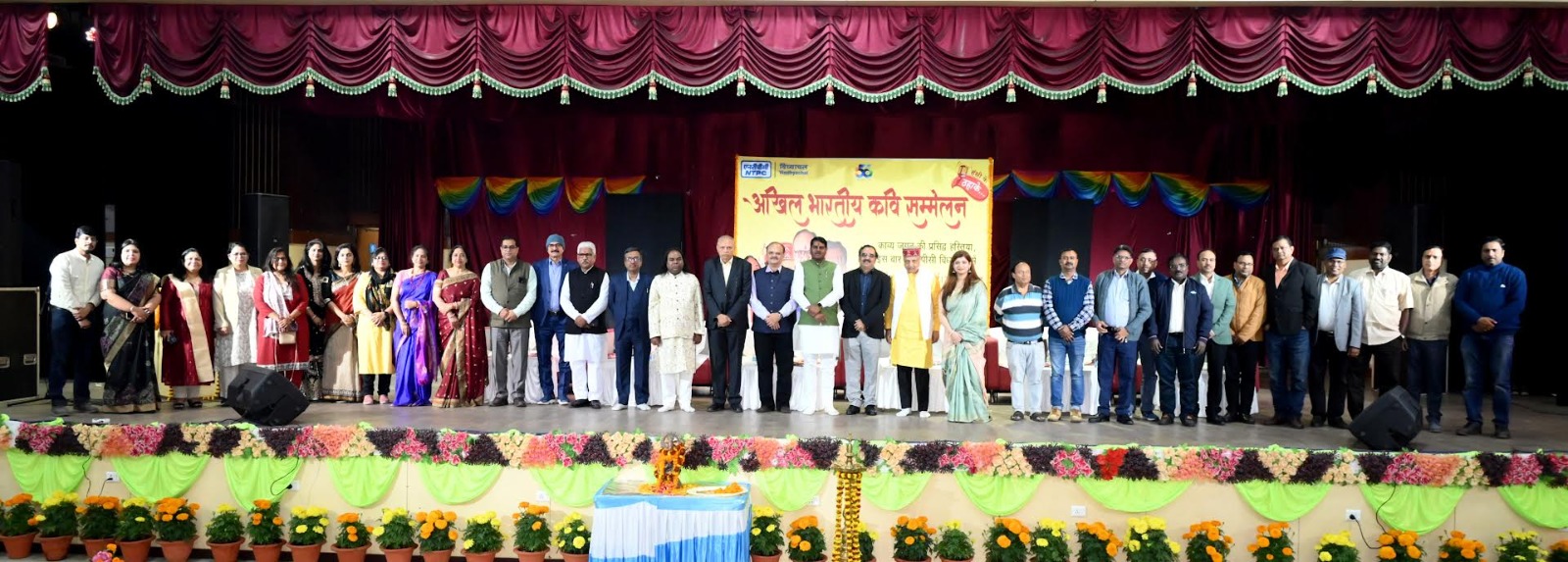 Singrauli News: एनटीपीसी विंध्याचल में आयोजित हुआ अखिल भारतीय कवि सम्मेलन
Singrauli News: एनटीपीसी विंध्याचल में आयोजित हुआ अखिल भारतीय कवि सम्मेलन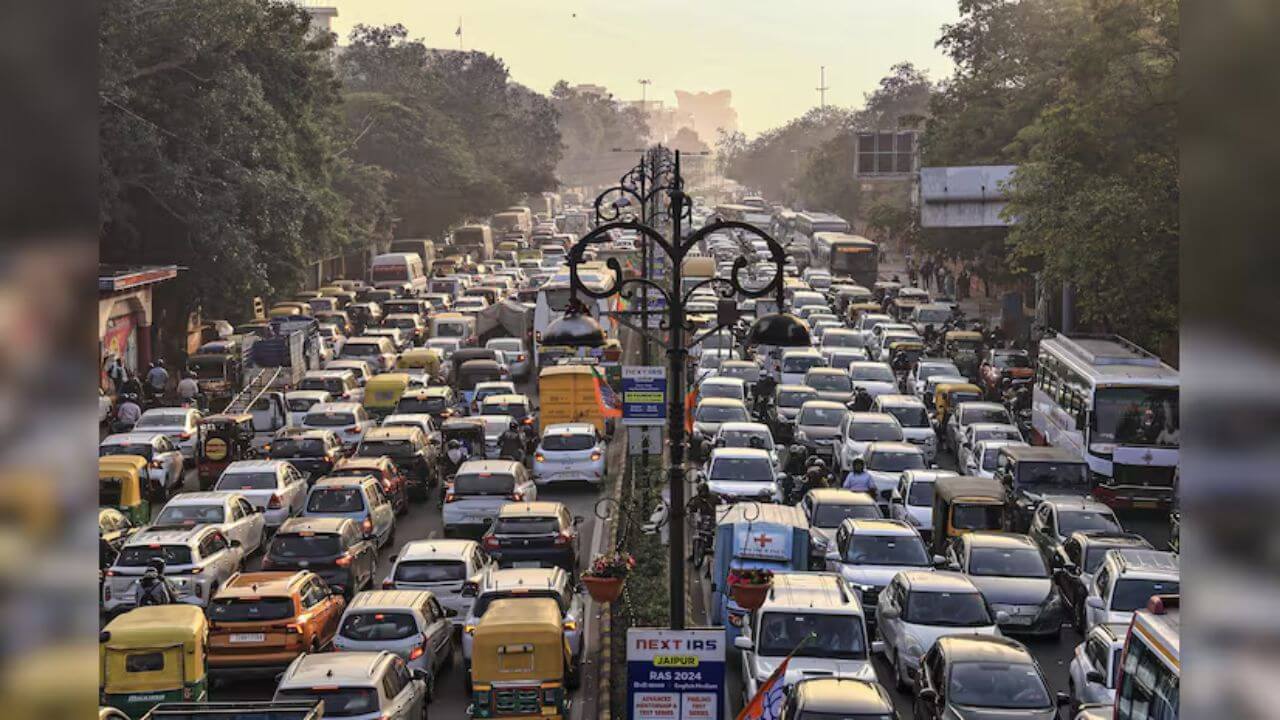 Rewa News : रीवांचल में रास्ता क्लियर होने पर ही आगे बढ़ें
Rewa News : रीवांचल में रास्ता क्लियर होने पर ही आगे बढ़ें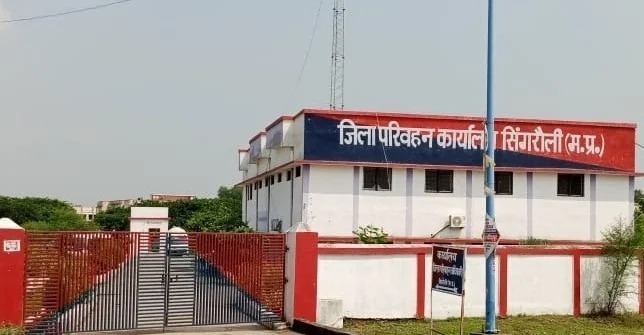 Singrauli News : लाइसेंस चाहिए तो ,दो गुनी फीस लेकर आना ! एजेंटों के जरिए चल रहा खेल
Singrauli News : लाइसेंस चाहिए तो ,दो गुनी फीस लेकर आना ! एजेंटों के जरिए चल रहा खेल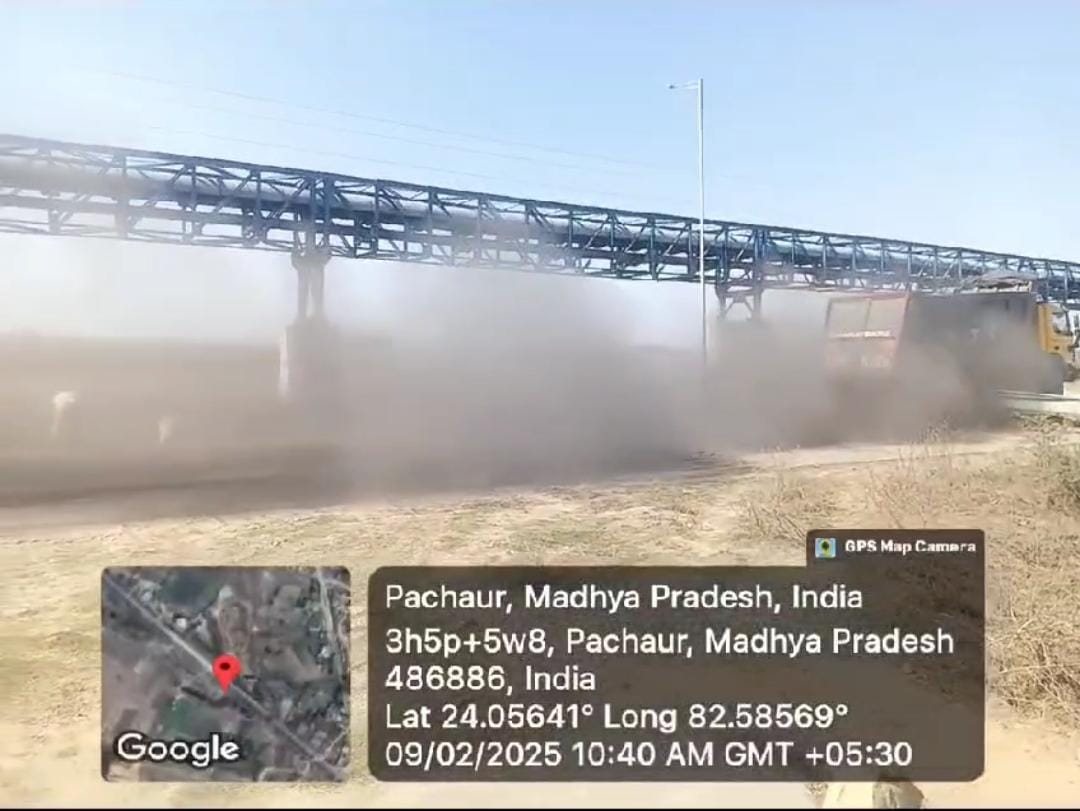 Singrauli News: सिंगरौली में भीषण प्रदूषण का कहर , धीमी मौत मर रहे उर्जाधानी के लोग
Singrauli News: सिंगरौली में भीषण प्रदूषण का कहर , धीमी मौत मर रहे उर्जाधानी के लोग 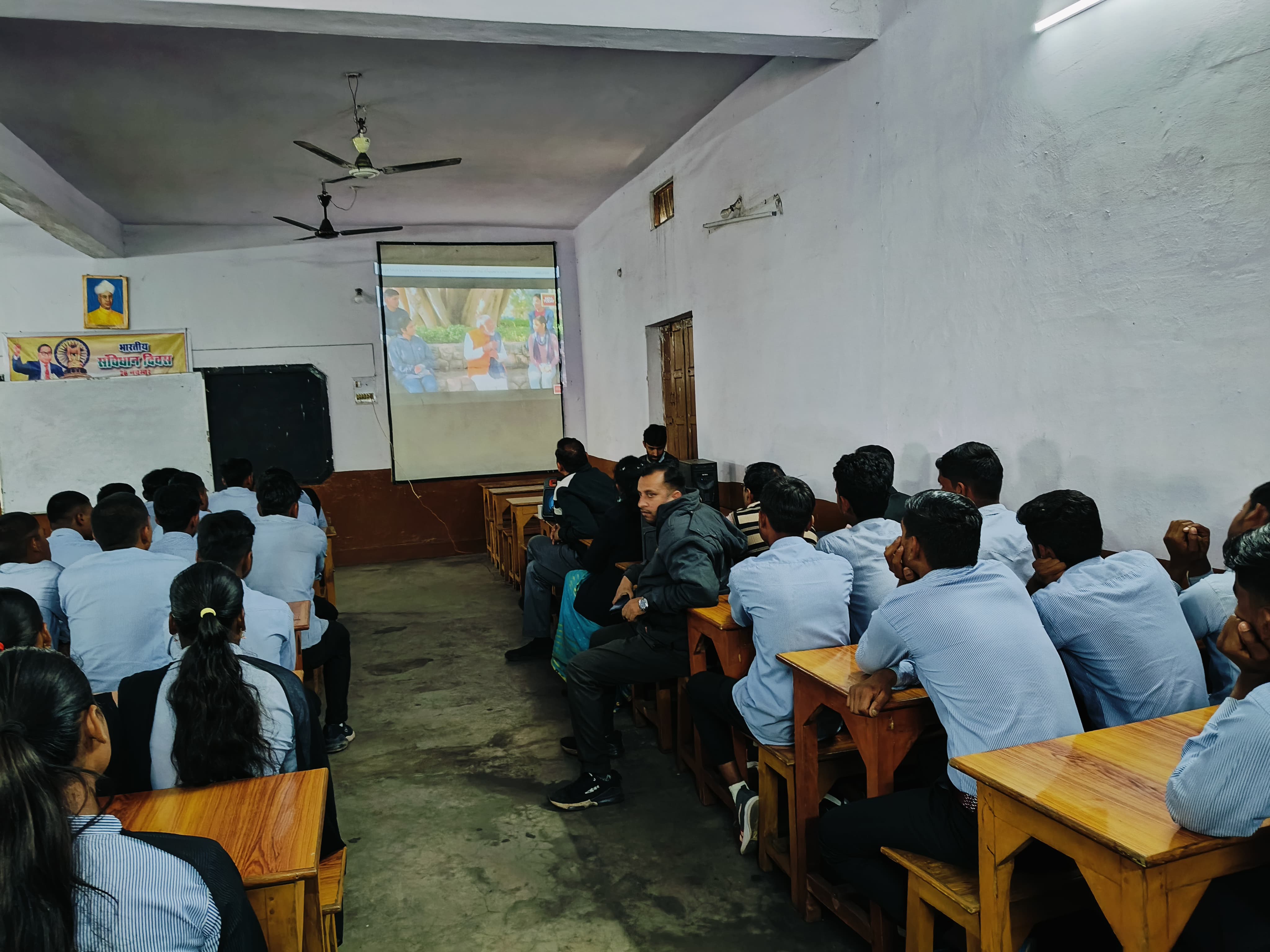 Singrauli News:मायाराम महाविद्यालय में हुआ परीक्षा पे चर्चा 2025 कार्यक्रम का लाइव टेलीकास्ट
Singrauli News:मायाराम महाविद्यालय में हुआ परीक्षा पे चर्चा 2025 कार्यक्रम का लाइव टेलीकास्ट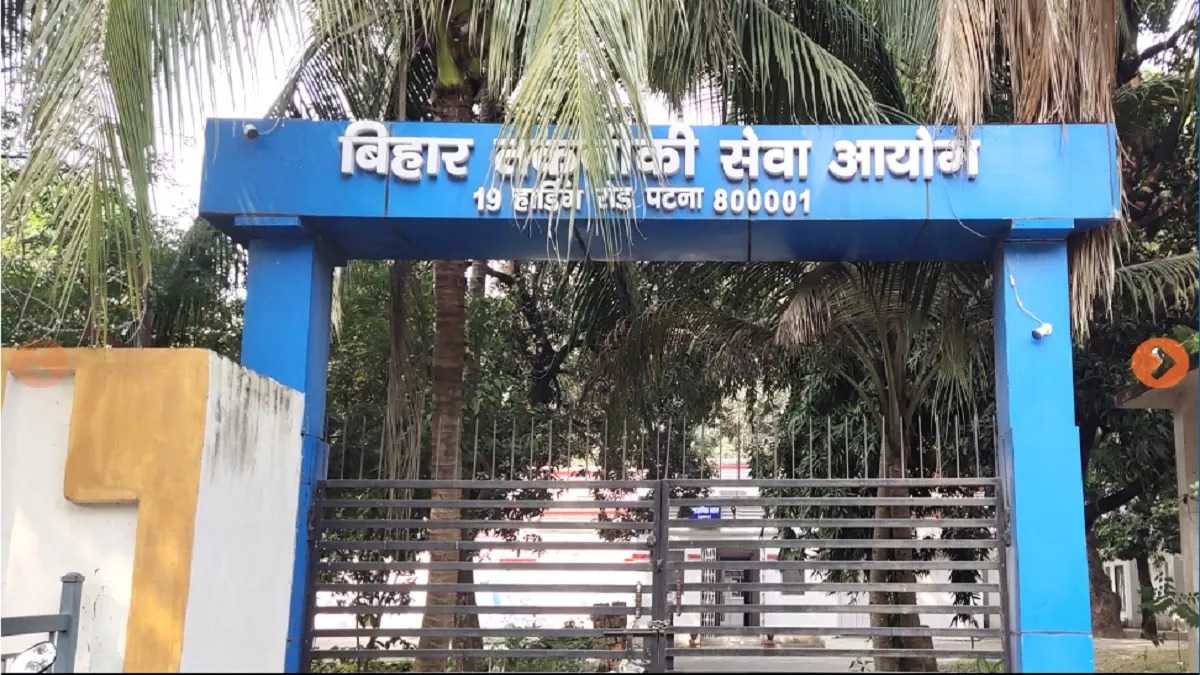 BTSC Insect Collector Recruitment: बिहार में कीट संग्रहणकर्ता पदों पर हो रही भर्ती
BTSC Insect Collector Recruitment: बिहार में कीट संग्रहणकर्ता पदों पर हो रही भर्ती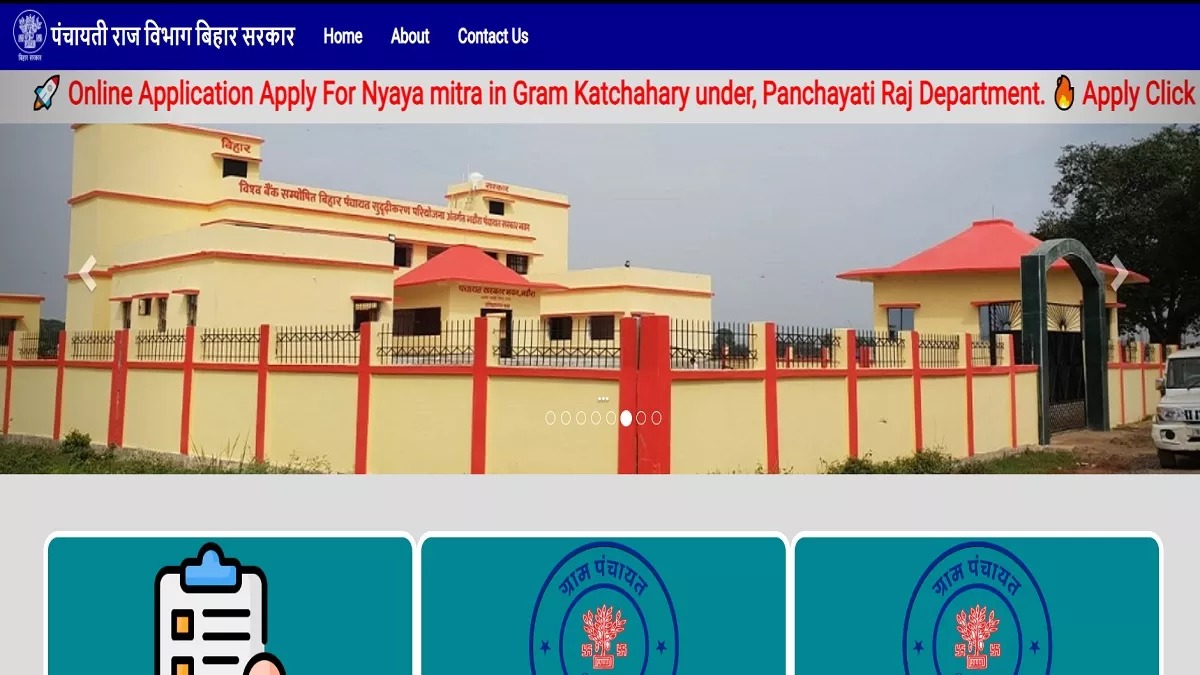 Bihar Nyaya Mitra Vacancy 2025: बिहार कचहरी न्याय मित्र भर्ती के लिए जल्द कर
Bihar Nyaya Mitra Vacancy 2025: बिहार कचहरी न्याय मित्र भर्ती के लिए जल्द कर 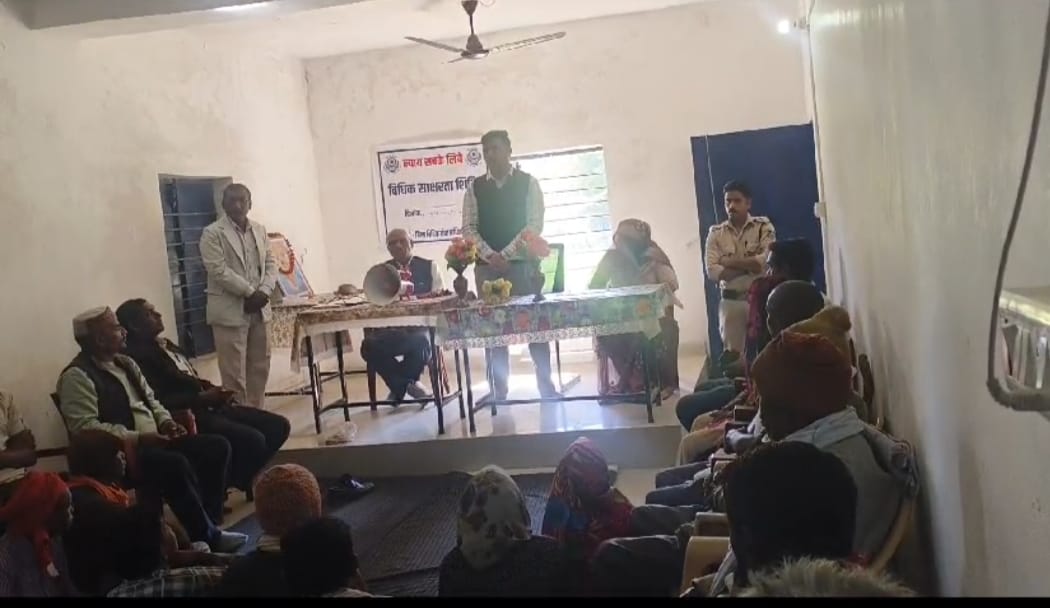 Singrauli News: ग्राम पंचायत गन्नई में आयोजित हुई विधिक साक्षरता शिविर
Singrauli News: ग्राम पंचायत गन्नई में आयोजित हुई विधिक साक्षरता शिविर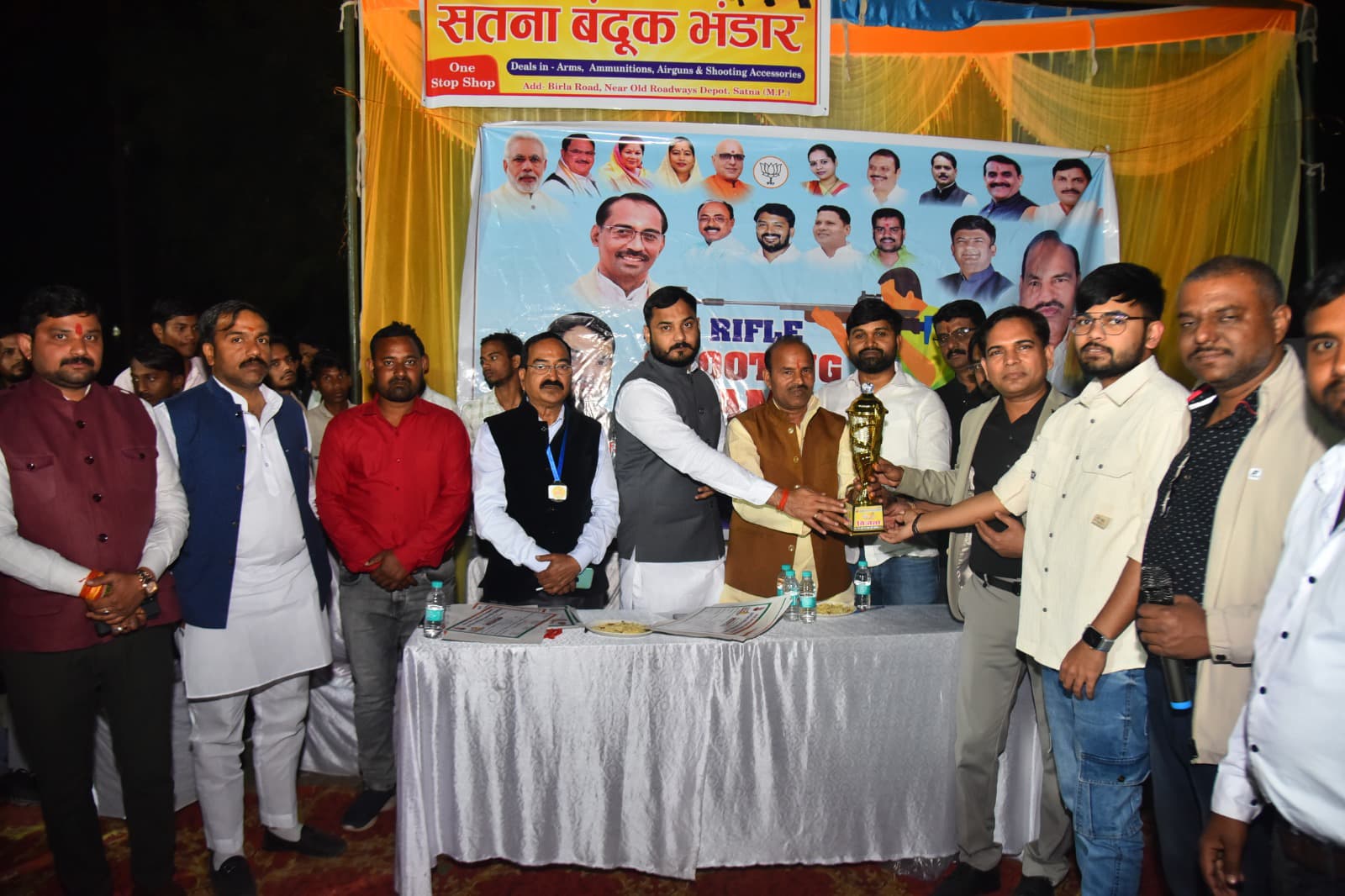 Singrauli News: अटल जन्म शताब्दी वर्ष के उपलक्ष्य पर भाजपा खेल प्रकोष्ठ ने
Singrauli News: अटल जन्म शताब्दी वर्ष के उपलक्ष्य पर भाजपा खेल प्रकोष्ठ ने
India to inaugurate EFTA Desk for trade expansion
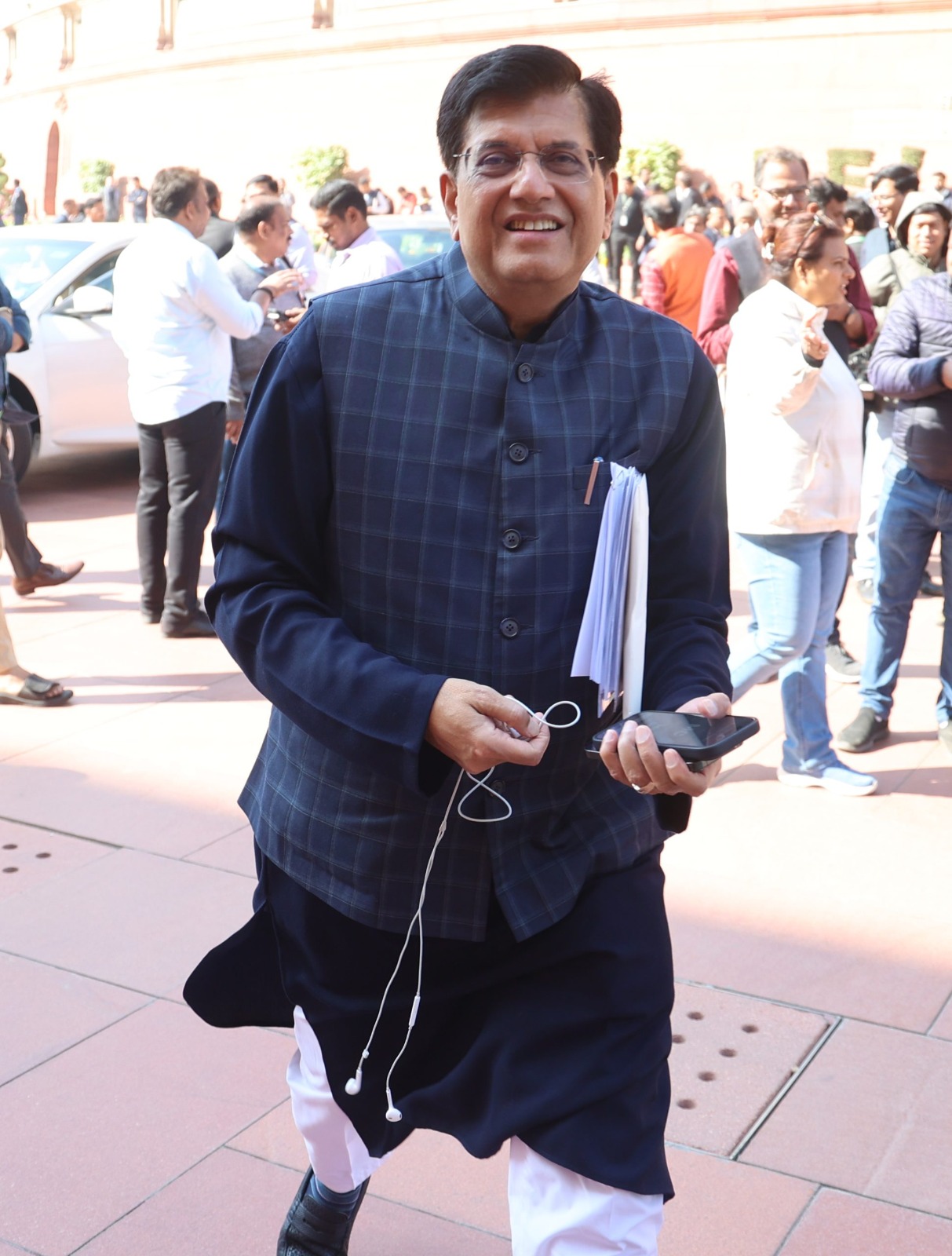 India to inaugurate EFTA Desk for trade expansion
India to inaugurate EFTA Desk for trade expansion
India is set to inaugurate the EFTA Desk in New Delhi, marking a step in strengthening economic relations with the European Free Trade Association (EFTA). The desk will be inaugurated by Union Minister for Commerce and Industry Piyush Goyal along with representatives from the EFTA bloc at Bharat Mandapam on Monday.
The initiative aligns with the India-EFTA Trade and Economic Partnership Agreement (TEPA), signed on March 10, 2024. It will function as a platform to facilitate trade, investment, and business cooperation between India and the four EFTA nations—Switzerland, Norway, Iceland, and Liechtenstein. According to the Ministry of Commerce and Industry, the desk will support EFTA companies entering the Indian market by providing regulatory guidance, business matchmaking, and insights into India’s investment landscape.
Representatives from EFTA attending the inauguration include Swiss State Secretary Helene Budliger Artieda, Norway’s State Secretary of Trade and Industry Tomas Norvoll, Iceland’s Permanent Secretary of State Martin Eyjolfsson, and Liechtenstein’s Minister of External Affairs Dominique Hasler. Senior officials from the Department for Promotion of Industry and Internal Trade (DPIIT) and the Department of Commerce (DOC) will also be present.
Following the inauguration, an EFTA-India Business Roundtable will be held, bringing together over 100 companies from India and EFTA member states.
The event will focus on collaborations in various sectors, including pharmaceuticals, financial services, engineering, energy, seafood, maritime, food processing, and agritech. The roundtable aims to provide a structured forum for exploring investment opportunities, joint ventures, and technology partnerships under the TEPA framework.
EFTA has committed to increasing foreign direct investment in India by $100 billion over the next 15 years. The investment plan is expected to generate one million direct jobs in India. The commitment does not include foreign portfolio investments.
Under the agreement, EFTA is offering tariff concessions covering 99.6 percent of India’s exports to the region, including full market access for non-agricultural products and tariff reductions on processed agricultural goods. India, in turn, is offering tariff concessions covering 95.3 percent of EFTA exports, with gold imports accounting for a significant portion.
The agreement maintains existing duties on gold and considers sectoral sensitivities in areas such as pharmaceuticals, medical devices, and processed food. Certain products, including dairy, soya, coal, and other sensitive agricultural goods, have been excluded from the concessions.
